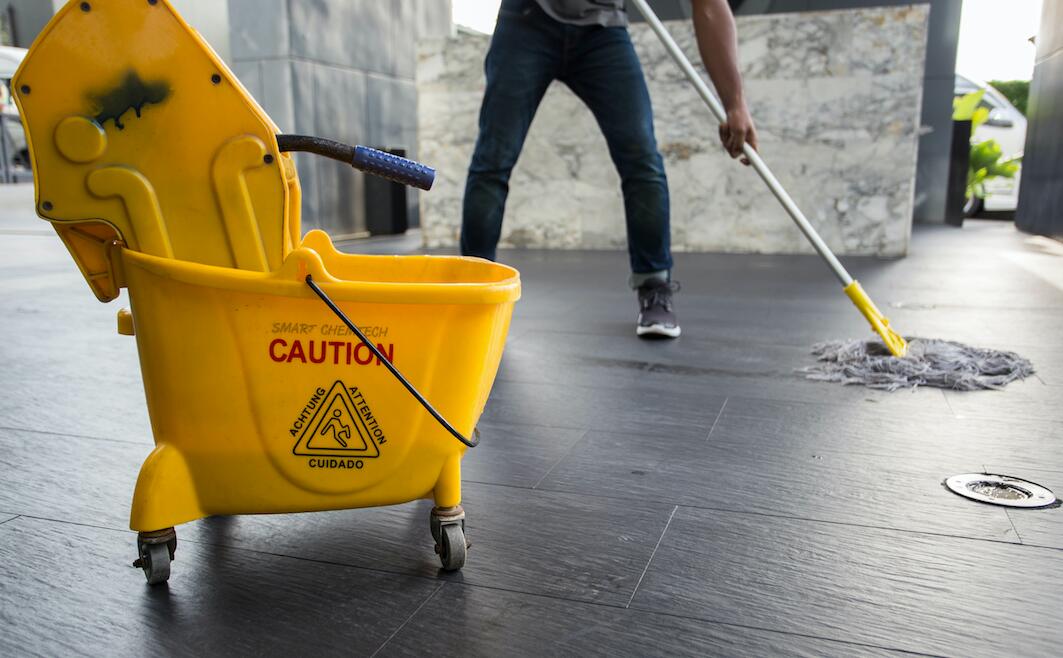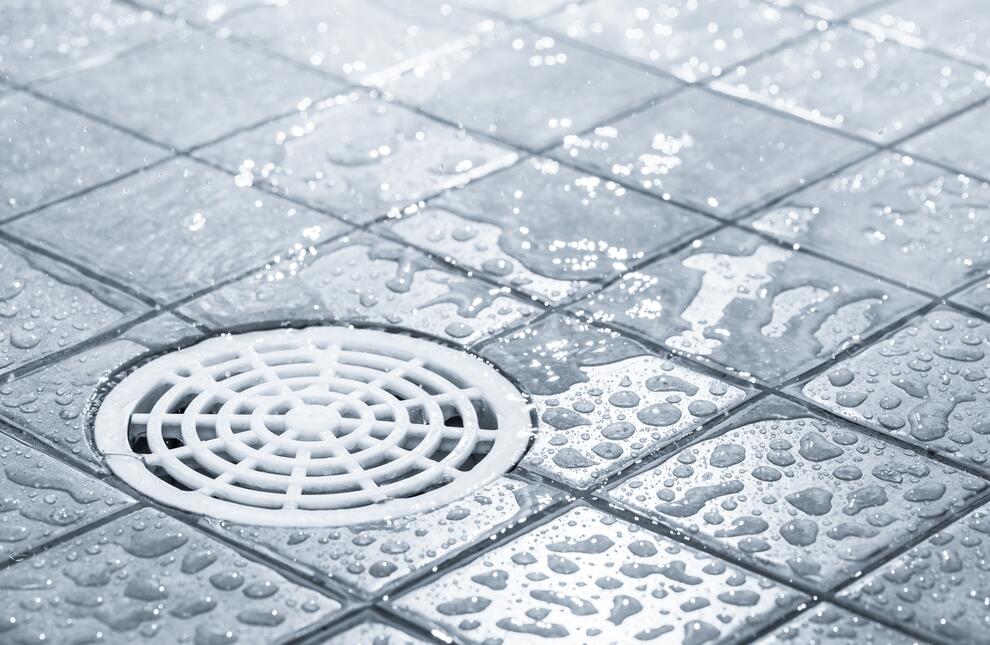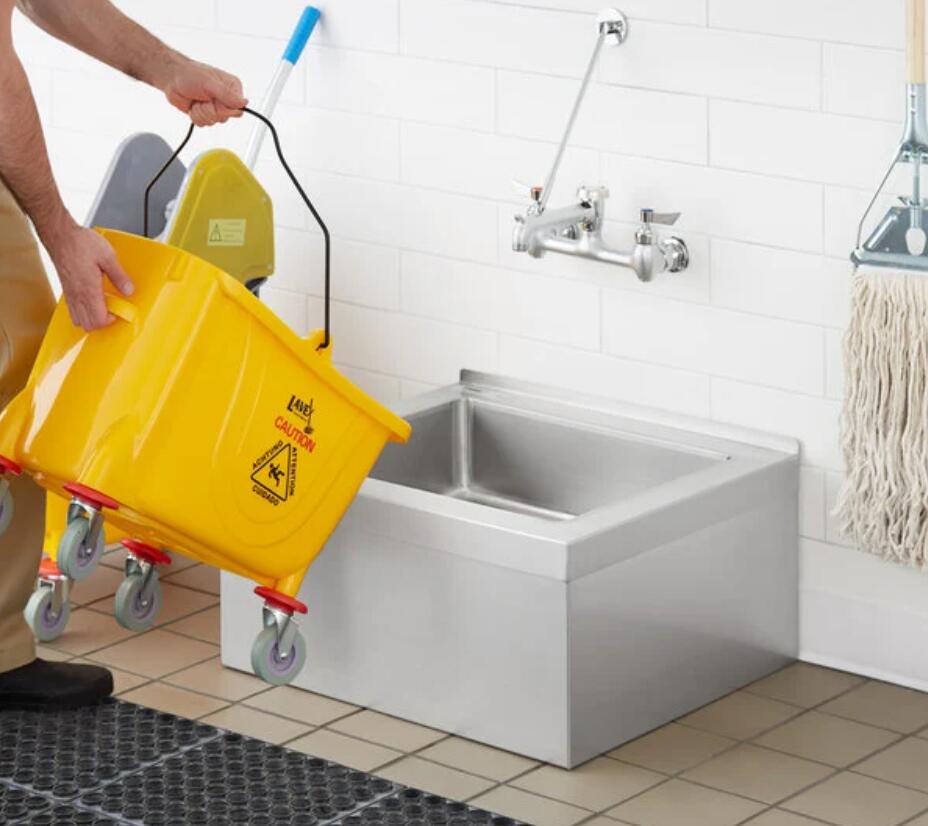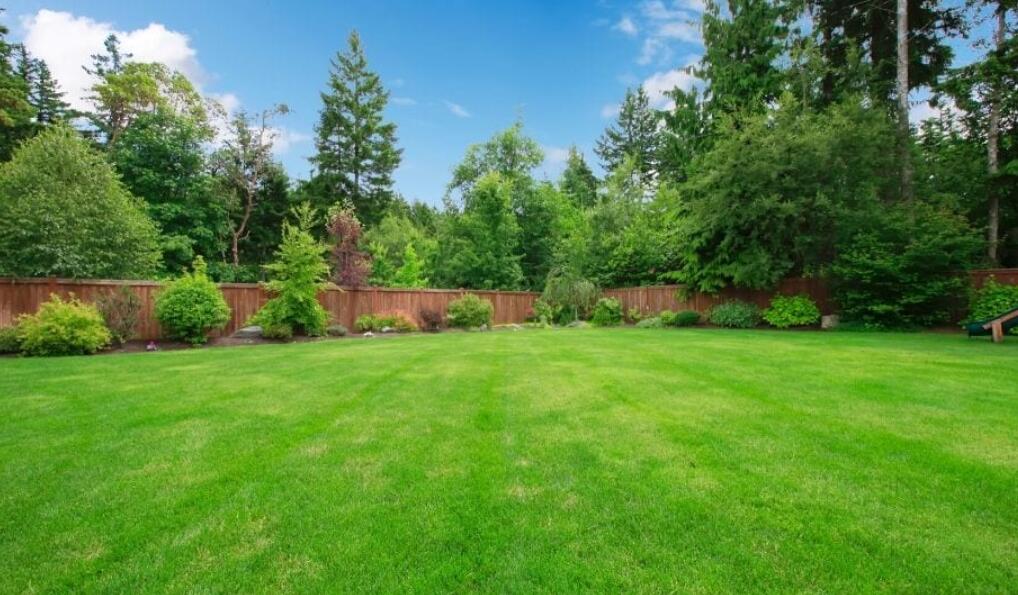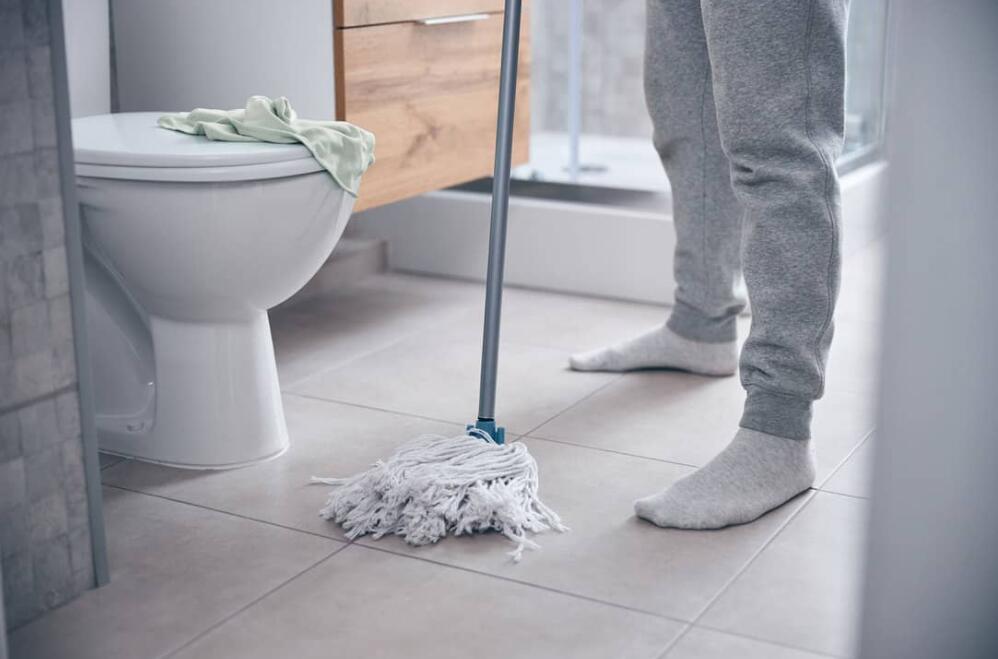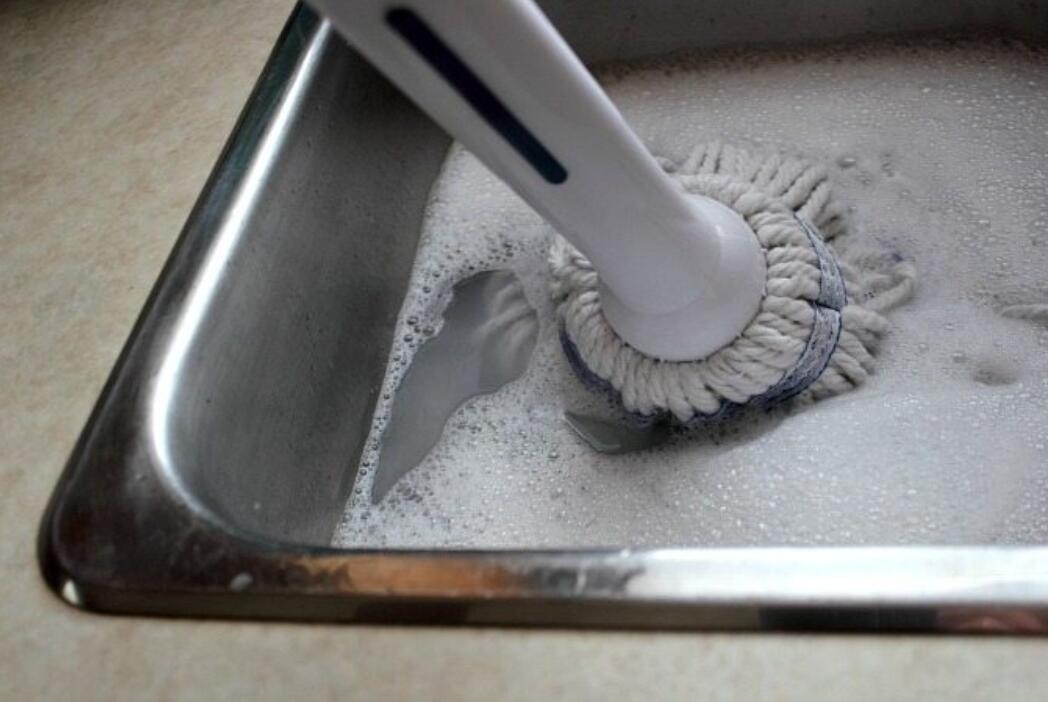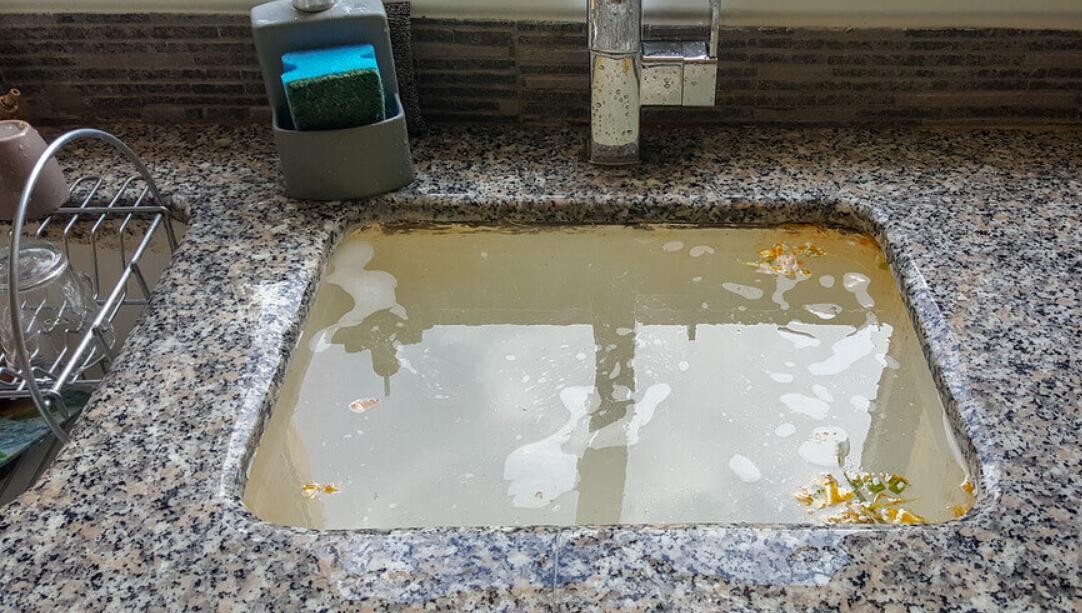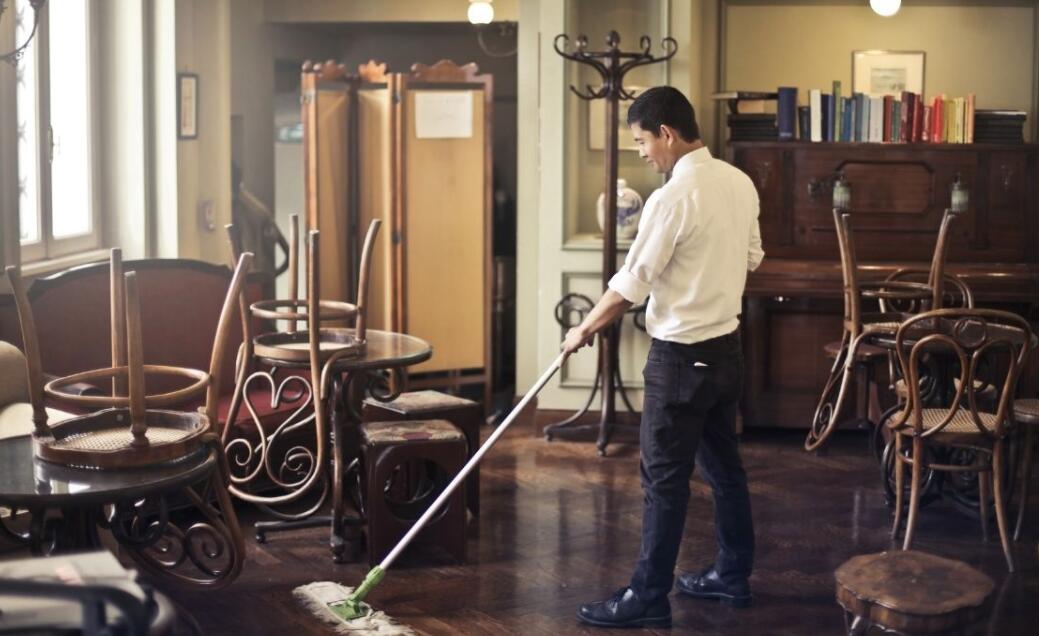Handling dirty mop water is a daily dilemma for many people. If you’re like most people, you probably just dump it in the sink and move on with your life. However, if you’re concerned about the environment, this might be something to think twice about.
The problem is that mop water contains detergents, bleach, and other chemicals that can be harmful to wildlife if they get into the water supply. So, what is the correct way to handle dirty mop water?
Here are some tips to help you handle dirty mop water safely:
What Is the Correct Way to Handle Dirty Mop Water?
When come to this question, the core question is where can you dispose of the dirty mop water?
Here are four places where you can pour your mop water:
1. Floor Drain Design for Dumping Water
The floor drain allows water to leave the basement and prevents it from backing up into the house. The floor drain connects to a sewer pipe that runs to the city sewer mainline in most homes.
As long as there is no blockage in the line, the water will flow freely, and nothing else needs to be done.
If water backs up into a utility sink or any other area where there is a floor drain, it typically indicates a blockage in the drain pipe.
If this happens, homeowners need to call a plumber immediately because it generally is not something the homeowner can fix. Depending on where the blockage is located, it may take heavy equipment to remove it from the line.
2. A Mop Sink
A mop sink is essentially an oversized utility sink designed to clean your mops. You might have seen these at businesses, such as restaurants, hotels, and even residential buildings.
A mop sink should be installed where you can easily wash the floor so that it drains directly into the sink without getting all over the place.
The drain hole should be around four inches (10.2 cm) in diameter to accommodate the size of the dirtiest of mops.
3. Grass Outside
There’s nothing wrong with pouring the water out on the grass outside. It wouldn’t be good if you used bleach in your cleaning solution, but otherwise, it’s okay.
It won’t hurt the grass or nearby plants because the amount of soap or detergent will be negligible; even ammonia-based cleaners like Windex don’t contain enough ammonia to damage plants.
4. Toilet
There’s good news! Dumping the water in the toilet is fine, but it could actually help reduce clogs.
“It’s much better to dump the dirty mop water into the toilet than down a drain,” says Mary Findley, author of The Complete Idiot’s Guide to Green Cleaning. “The toilet is designed to deal with all kinds of waste, including urine and fecal matter, and can handle the mop water just fine. In fact, dumping dirty mop water in the toilet is an easier way to unclog a toilet than using store-bought chemicals.”
So go ahead and dump that water in the toilet; it’s an eco-friendly way to use your resources.
Mistakes of Dumping Dirty Mop Water
When it comes to cleaning your home, you want to ensure that you are doing it correctly. This can be hard to do when you have so many different options in front of you. Here are a few mistakes to avoid making when using your mop bucket.
1. Pouring Dirty Water Down the Drain
When you are mopping floors, you will need to change the water regularly. Unfortunately, many people pour this dirty water down the drain without thinking about it. This is not a good idea and can cause significant problems with your plumbing.
2. Putting Dirty Water in Your Garden
Dumping dirty mop water into your garden might seem like a good and easy solution at first, but it is not such a good idea.
The chemicals in the mop water may kill plants or otherwise affect them negatively. In addition, if the dirt from the floor is left in the water, it can harm the soil in your garden by killing off beneficial bacteria and microorganisms that help plants grow.
It’s best to get rid of dirty mop water by pouring it down your toilet or outside in an area where no grass or plants is growing.
Dangers of Dumping Mop Waters in the Wrong Place
As professional cleaners, you’re used to working with water. You know that it’s your friend, especially when dealing with floor cleaning and mopping.
However, you also have to know where this water is going once it’s done its job. Many people will find a drain and dump the mop bucket without another thought.
But, this could be incredibly dangerous for your business, especially if you’re trying to keep your company eco-conscious.
Here are a few reasons why dumping mop waters in a drain is not the best way to dispose of them:
1. Causes Sewer Blockages
Trying to dump mop water down a drain can cause severe blockages in the sewer system. Most people will rinse their mop water into the sink and pour it down the drain.
Unfortunately, this means that any dirt or dust particles will clog up the pipes and eventually lead to a blockage. This can cause problems for more than just your business!
2. Germs and Bacteria
The most serious threat that comes with disposing of mop water on the ground or down the sink is the presence of germs and bacteria.
If you are using a cleaning product that contains bleach, it can kill many germs in the water. However, doing this repeatedly can cause damage to your plants and grass.
In addition, if you have pets or children who play outside, they could be exposed to these harmful chemicals.
Where Should Mop Water Be Disposed in a Restaurant?
Mop water used to clean floors and other surfaces in a restaurant is considered a type of wastewater. Like any other wastewater, mop water must be disposed of properly. Mop water contains dirt, grime, and food particles from your restaurant’s floors and other surfaces. It may also contain chemicals from floor or bathroom cleaners used to clean the areas.
The Environmental Protection Agency requires that all mop water be disposed of down the kitchen sink drain or down a floor drain located in a mop room.
If you do not have a floor drain in your restaurant’s mop room, you must dump the mop water into a bucket and carry it to the kitchen sink to dump it down the drain.
Can You Flush Mop Water Down the Toilet?
It is safe to flush mop water down the toilet. All types of water, including mop water, are safe to put down in the toilet as long as there are no harmful chemicals.
For example, if you are cleaning your floors with dangerous chemicals, you should dispose of those chemicals elsewhere and not in a sink or toilet.
However, while you can flush mop water down the toilet, it’s essential to clean your toilet thoroughly. This is because mop water may contain certain substances that can cause stains or smells if left alone inside the toilet bowl.
To avoid any issues after flushing mop water down the toilet, use a disinfectant cleaner to disinfect the bowl and remove any lingering scents or stains.
Verdict
Hopefully, this has served as a good starting point if you’re now left with more questions on mop water. First, research the requirements for your state or municipality and always strive to handle mop water correctly. The last thing you want to do is spread harmful bacteria into your work environment, or worse yet, into the surrounding community.

